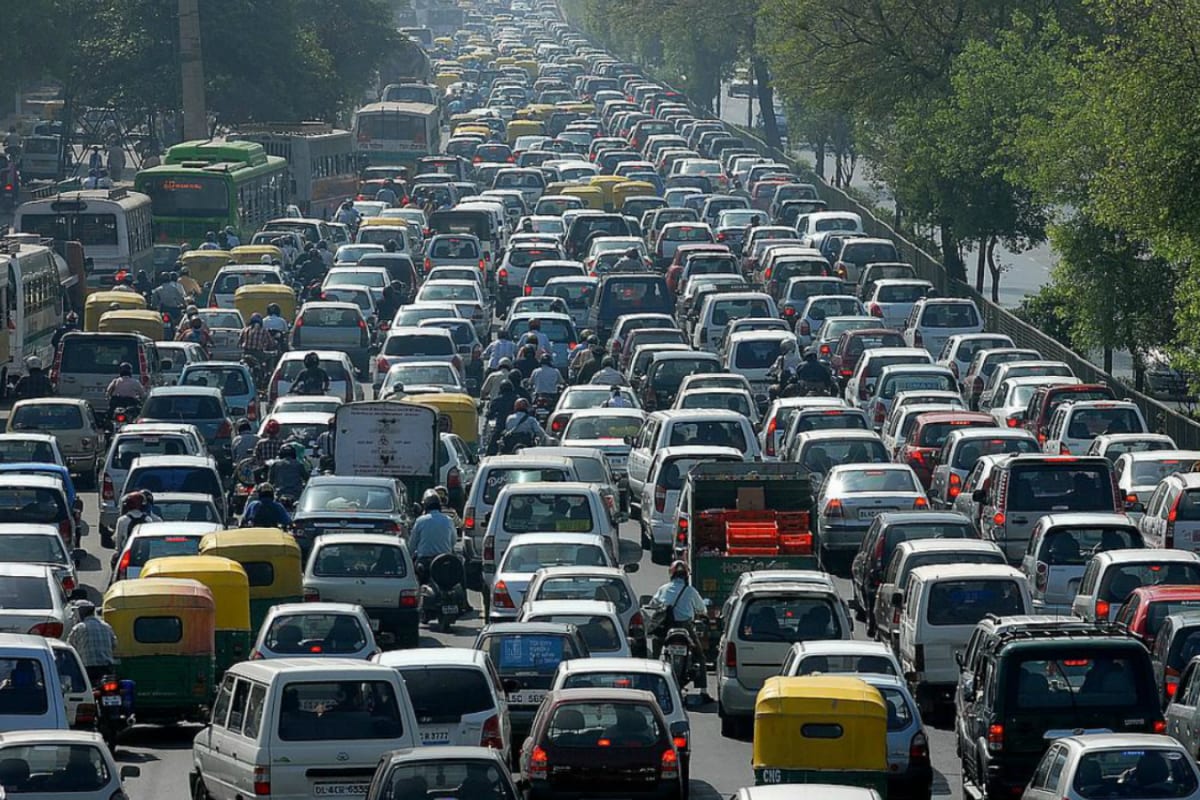

The Delhi government has put its end-of-life (EOL) vehicle policy on hold following a wave of public backlash. The policy, which went into effect on July 1, 2025, aimed to reduce air pollution by denying fuel to vehicles older than 15 years for petrol and CNG vehicles, and 10 years for diesel vehicles. The decision to pause the policy comes amid concerns about its impact on lower- and middle-income families and questions about the fairness of taxing vehicles for 15 years while banning them from use after only 10 years.
Under the now-paused policy, fuel stations across Delhi were prohibited from dispensing fuel to EOL vehicles. The initiative was spearheaded by the Commission for Air Quality Management (CAQM) and enforced by the Delhi Transport Department. To implement the policy, the government planned to use Automated Number Plate Recognition (ANPR) cameras at petrol pumps to identify and restrict EOL vehicles. Fuel station operators were also required to display signage stating that fuel would not be dispensed to EOL vehicles and to maintain a log of denied fuel transactions. Non-compliance would result in penalties.
The policy sparked immediate and intense public criticism. Many questioned the financial burden on those who cannot afford newer vehicles or electric vehicles, the limited scrappage support, the lack of exchange offers, and the insufficient EV infrastructure. Social media users criticized the decision to scrap diesel vehicles after 10 years, questioning the rationale behind paying road tax for 15 years while facing premature scrappage. Some argued that a 15-year-old car in the National Capital Region (NCR) is often not even 30% utilized, deeming the rule "ridiculous".
Delhi's Environment Minister, Manjinder Singh Sirsa, urged the CAQM to put the policy on hold until the ANPR system is fully integrated across Delhi and the NCR. Sirsa highlighted technological glitches with the ANPR system, including faulty camera placement, non-functioning sensors, and other operational shortcomings. He also noted that the system is not yet fully integrated with databases from neighboring NCR states, making it difficult to accurately identify and block fuel for EOL vehicles registered outside Delhi. Sirsa warned that a Delhi-only ban could incentivize vehicle owners to purchase fuel from nearby districts, potentially encouraging illegal cross-border fuel trade and undermining the policy's objective.
Despite pausing the fuel ban, the Delhi government has reiterated its commitment to phasing out polluting vehicles. The government has been directed to initiate legal action against EOL vehicles, including impounding and disposal. According to official records, Delhi has approximately 60.14 lakh deregistered EOL vehicles, including 41 lakh two-wheelers and 18 lakh four-wheelers. On the first day of the ban, only 80 vehicles were impounded. Authorities attributed the low number to increased awareness among vehicle owners. The enforcement drive is slated to expand to Gurugram, Faridabad, Ghaziabad, Gautam Budh Nagar, and Sonipat from November 1, 2025, with the rest of the NCR following from April 1, 2026.
The scrap value for EOL vehicles is determined as 90% of the value of the ferrous scrap component. The scrap value is paid digitally to the vehicle owner's bank account within 15 days of the vehicle being accepted by the Registered Vehicle Scrapping Facility (RVSF).
The Delhi government's decision to pause the EOL vehicle policy reflects the challenges of balancing environmental concerns with the practical realities and financial constraints faced by many residents. The government may need to re-evaluate its approach, address technological shortcomings, and ensure fairer implementation to effectively tackle air pollution while minimizing the burden on the public.